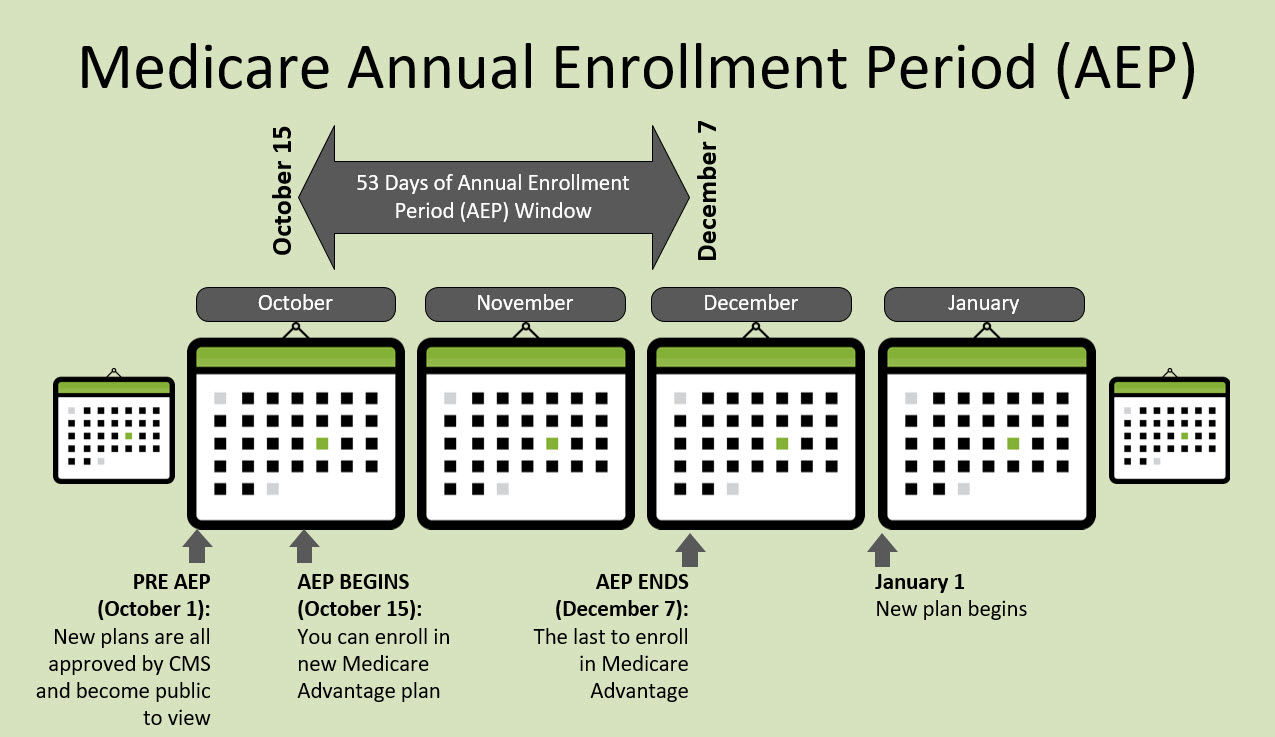
What is Hospital Indemnity Insurance?
Hospital indemnity insurance, also known as hospitalization insurance or hospital cash insurance, is a type of supplemental insurance that provides a fixed daily, weekly, or monthly benefit if you are hospitalized due to illness or injury. It is designed to help cover the out-of-pocket expenses associated with a hospital stay that may not be covered by your primary health insurance plan. Here's a brief overview of hospital indemnity insurance:
- Fixed Benefit Payments: Hospital indemnity insurance pays a fixed benefit amount for each day, week, or month that you are admitted to the hospital. The benefit amount is predetermined when you purchase the policy and is not directly tied to the actual medical expenses you incur. You can use the benefit to help cover various costs associated with your hospital stay, such as deductibles, copayments, transportation, and non-medical expenses.
- Coverage for Hospitalization: Hospital indemnity insurance specifically focuses on hospital stays. It typically does not cover outpatient procedures, doctor visits, or other healthcare services. The coverage kicks in when you are admitted as an inpatient, whether it's for a planned surgery, emergency treatment, or any other covered reason that requires hospitalization.
- Supplemental to Primary Health Insurance: Hospital indemnity insurance is designed to supplement your primary health insurance coverage. It can help bridge the gaps in your health insurance by providing additional financial protection and support during a hospital stay. It can be particularly beneficial if your health insurance plan has high deductibles, copayments, or limited coverage for hospital-related expenses.
- No Network Restrictions: Hospital indemnity insurance policies typically do not have network restrictions, meaning you can choose any hospital or healthcare provider for your treatment. You have the freedom to seek care at the facility of your choice, as long as it meets the policy's requirements for covered hospital stays.
- No Medical Underwriting: In many cases, hospital indemnity insurance does not require medical underwriting. This means you can generally qualify for coverage regardless of your health condition or medical history. However, pre-existing conditions may have certain limitations or waiting periods specified in the policy.
- Portable Coverage: Hospital indemnity insurance is usually portable, meaning you can maintain the coverage even if you change jobs or lose your employer-sponsored health insurance. This provides you with continuity of coverage and the ability to have supplemental protection in case of hospitalization, regardless of your employment status.
It's important to review the specific terms, conditions, and limitations of each hospital indemnity insurance policy before making a purchase. Different policies may have variations in benefit amounts, waiting periods, coverage exclusions, and maximum payout limits. Consulting with an insurance professional can help you understand the details of hospital indemnity insurance and determine if it aligns with your healthcare needs and financial situation.



